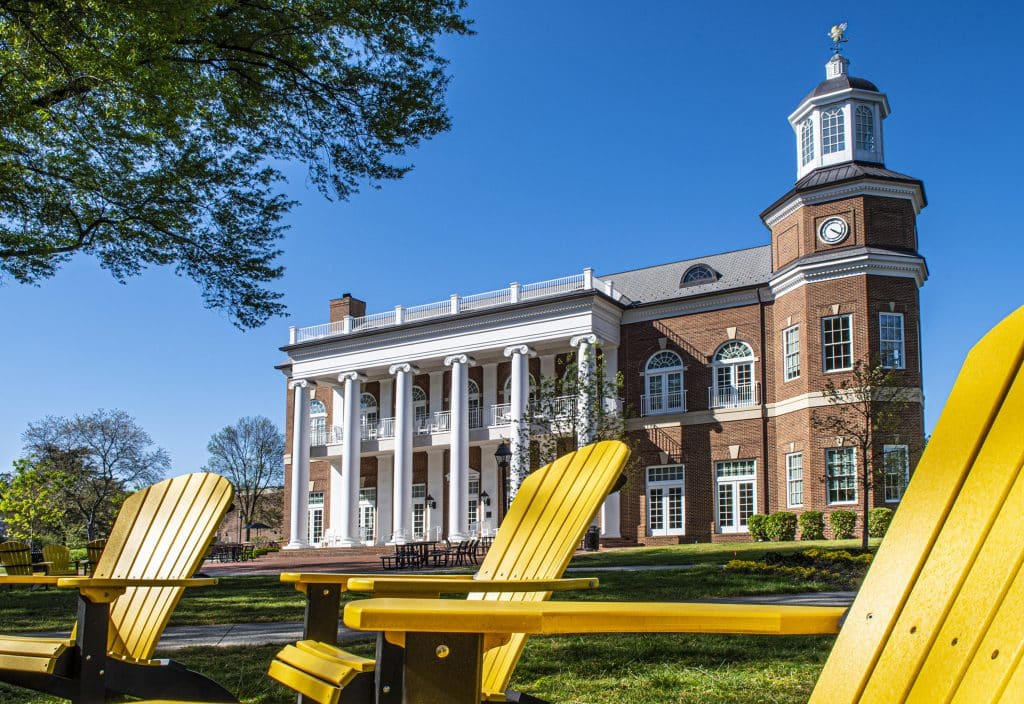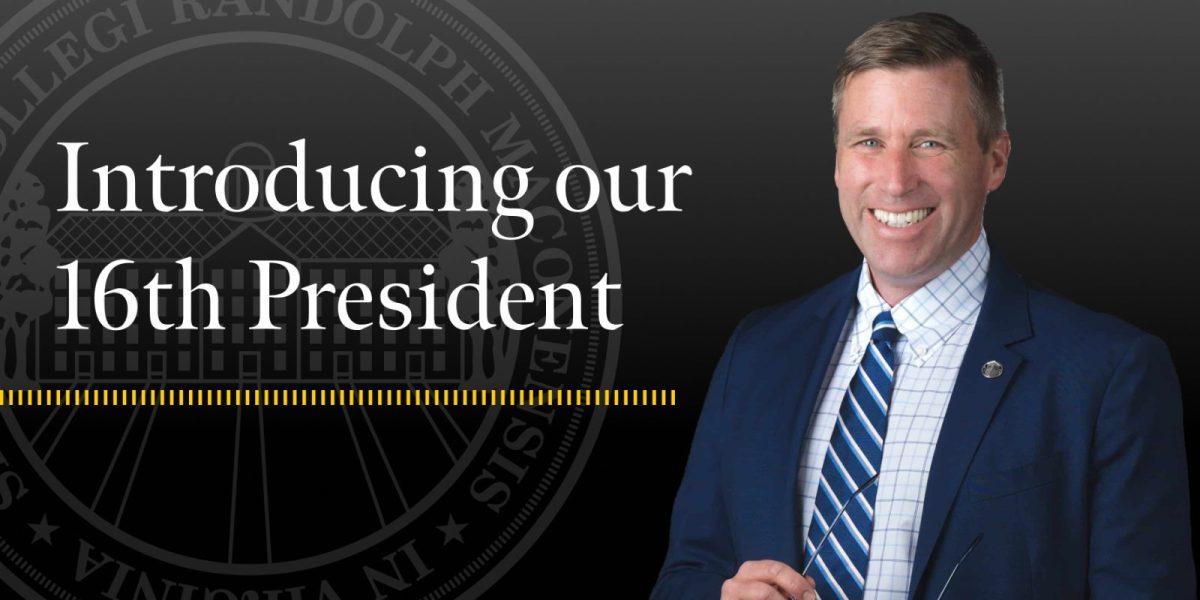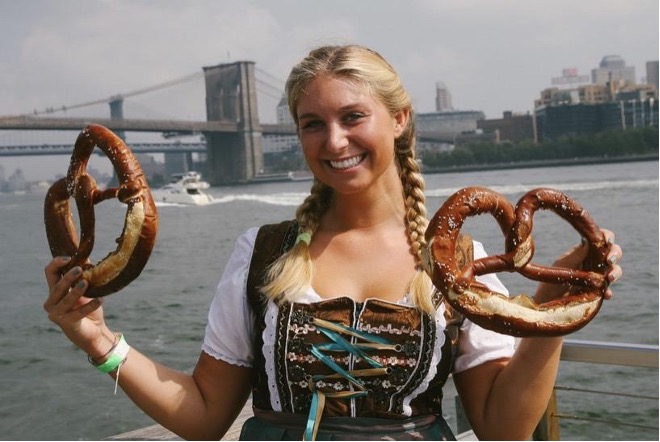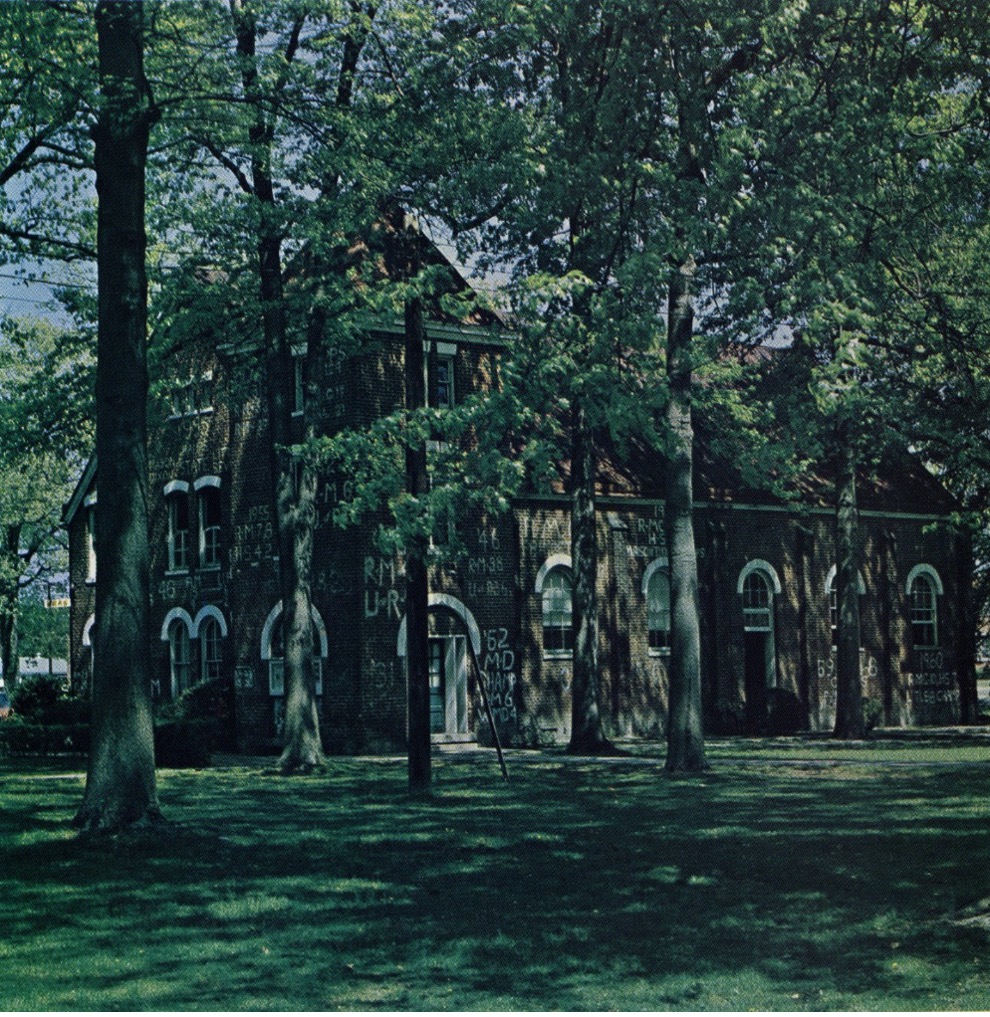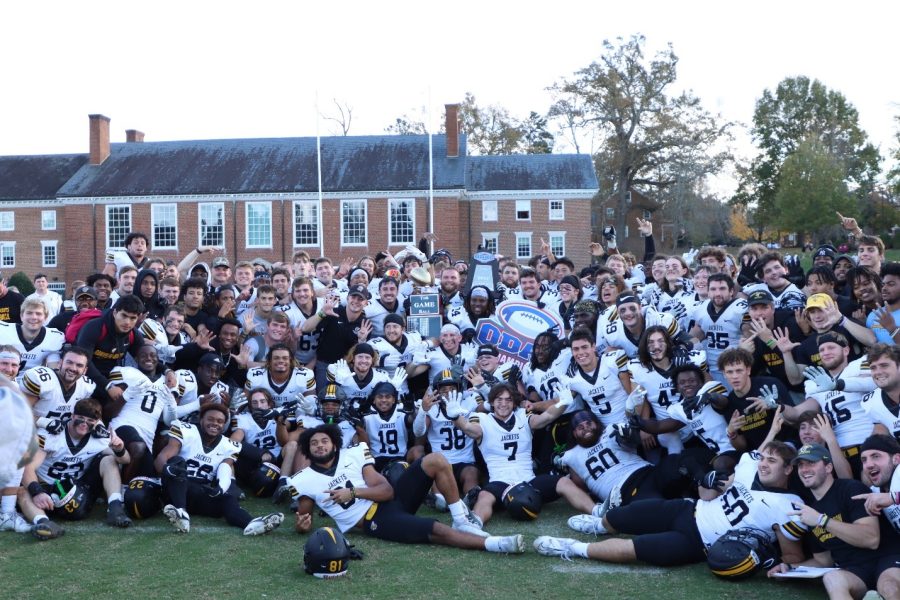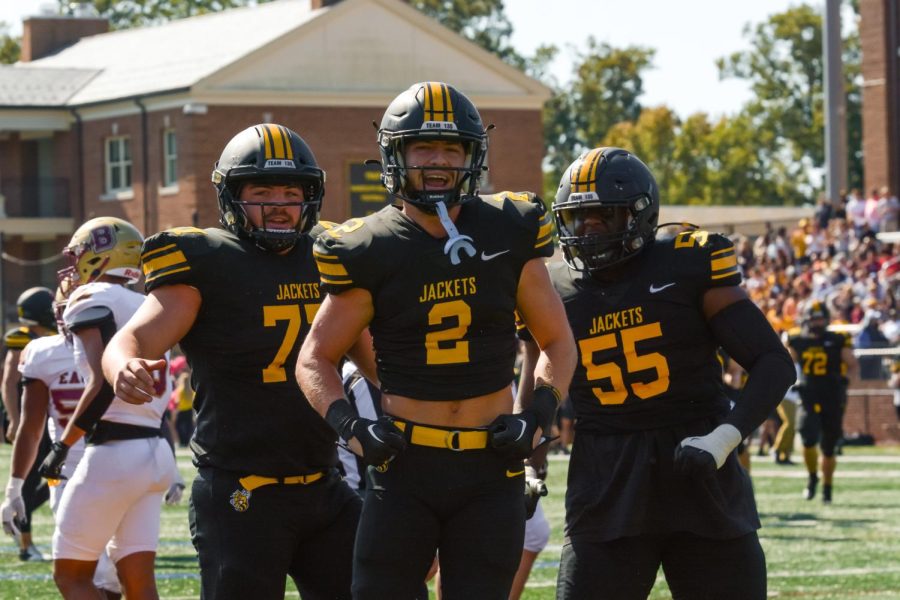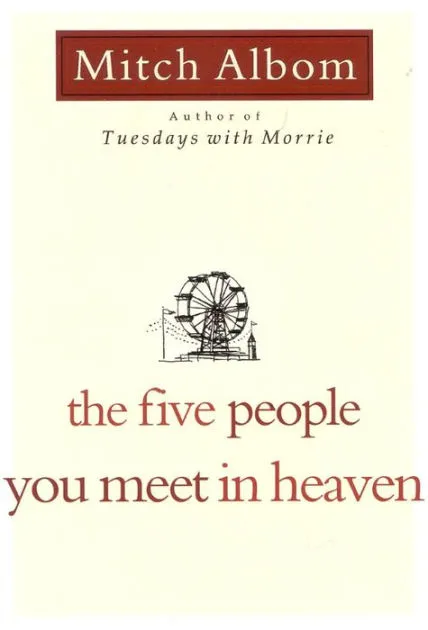Randolph-Macon College’s mock elections have long reflected Virginia’s changing political trends. Since 2004, the campus’s political leanings have shifted, often in sync with broader state and national movements. In 2004, students supported Bush, matching Virginia’s preference, but by 2008, a clear liberal shift occurred, with faculty and many students backing Obama.
By 2020, campus support for Democratic candidates was solid, with 67.7% of students voting for Biden, surpassing his statewide support of 54.1% in Virginia. This outcome reflected responses to Trump’s presidency and highlighted issues like race and COVID-19, which resonated strongly in educational settings. RMC’s campus no longer mirrored state results but showed a stronger Democratic preference, with faculty, staff, and students united in their support for Biden—an unusual alignment across all groups.
Looking at 2024, this year’s RMC mock election reveals a complex picture. Harris won 61.2% of the vote—a substantial but slightly lower margin than Biden’s in 2020. Voter turnout dropped somewhat, suggesting lower enthusiasm, often a sign of voter fatigue or disillusionment. Faculty support remains intensely Democratic at 83.3%, but student support has softened, with only 53.1% backing Harris. This decline may reflect shifting trends among young voters who seek change. There is a cultural shift where aligning with Trump seems more rebellious, and aligning with Harris is more establishmentarian.
Cross-over voting by Republicans and Independents stands out in this year’s election. Harris received 60.2% of the Independent vote, but this doesn’t necessarily mean strong support for Democrats. Many Republicans and Independents voting for Harris may oppose Trump rather than strongly support Democratic ideas. At RMC, in a traditionally middle-ground area, some moderate or independent voters dislike Trump more than they like any particular candidate. With Virginia’s election looking less predictable this year, due partly to Harris’s unlikable image, this cross-over voting likely reflects anti-Trump feelings more than loyalty to Harris.
Looking beyond RMC, the 2024 mock elections at Harvard and Notre Dame indicate a notable shift back toward Trump from 2020 levels. However, this doesn’t necessarily suggest a solid return for conservative values. In these cases, support for Trump seems to reflect a populist attitude—pushing back against the establishment and reacting to current challenges like high living costs, inflation, and immigration. Harris, as the sitting Vice President tied closely to the administration’s policies, may be seen as part of the current status quo for many voters. Many recall what they view as better economic conditions under Trump, with lower inflation and more manageable living costs, making his populist image appealing as an alternative. Here, Trump’s support seems to capture a broader dissatisfaction rather than a traditional conservative stance, showing how populist appeal can cross usual political lines, particularly where economic and social issues hit hardest.
Gender dynamics also influence political preferences. This year’s gender gap in the mock election widened to 11.1%, with more women than men favoring Harris. This gap mirrors national trends, where women typically lean Democratic.
RMC’s 2024 mock election suggests that Virginia might see tighter margins. While Harris’s win on campus could indicate Democratic strength, the narrower margin, lower turnout, and complex cross-over voting hint at a more competitive statewide race. Virginia could face an unpredictable outcome if campus sentiments mirror those of the broader electorate.
RMC’s results highlight a shifting political climate on campus and in Virginia. For only the second time since 1968, faculty, staff, and students have aligned in their majority support for Harris. Yet, the smaller margin of victory and mixed voting patterns add an element of unpredictability. While RMC tends to reflect establishment-friendly views, the noticeable shift toward Trump shows a growing dissatisfaction with the current state of things. This shift suggests that Trump’s populist appeal could reach more people than expected, setting up an intense and possibly historic election.
